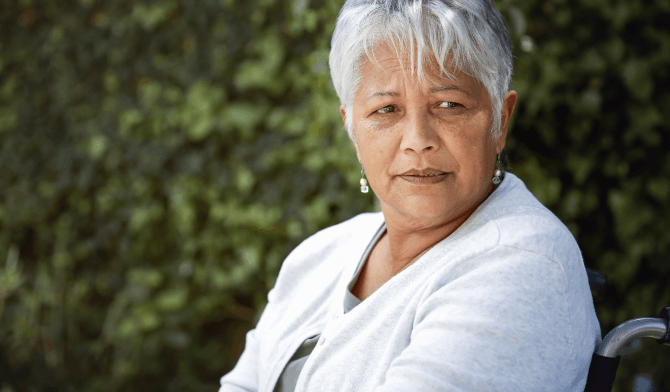Elder abuse is a growing concern worldwide. In the United States alone, approximately 10% of older adults experience some form of abuse each year. Unfortunately, elder abuse cases can be complex and challenging to navigate, especially for those who are unfamiliar with the legal system. Therefore, understanding the legal process in elder abuse cases is crucial for victims, their families, and anyone involved in reporting or investigating these incidents.
This article seeks to provide an overview of the legal process in elder abuse cases. It will cover what constitutes elder abuse under the law, how to report it, and what to expect during an investigation and prosecution. Additionally, we will discuss resources available for victims or elder abuse lawyers and their families throughout this process.
Definition of elder abuse
Elder abuse is a term used to describe any act of violence, neglect, or mistreatment that causes harm or distress to an older adult. This can include physical abuse, emotional abuse, financial exploitation, neglect and abandonment. Elder abuse can be perpetrated by family members, caregivers or other individuals in positions of trust.
In most countries including the United States and Canada there are laws designed to protect older adults from elder abuse. These laws provide legal remedies for victims and impose criminal penalties on those who perpetrate such acts. The legal process in elder abuse cases involves reporting the suspected incident(s) to local law enforcement authorities or Adult Protective Services (APS), who will conduct an investigation into the matter.
Types of Elder Abuse:
Elder abuse is a growing concern in many countries, with the elderly being particularly vulnerable to mistreatment. There are many different types of elder abuse, including physical abuse, emotional abuse, financial exploitation and neglect. Physical abuse can involve hitting, pushing or other forms of harm that cause physical injury.
Emotional abuse can be equally damaging and may include verbal harassment or threats that cause mental distress. Financial exploitation is another common form of elder abuse where an individual may steal money or assets belonging to an elderly person. Neglect is also a serious issue where caregivers fail to provide adequate care for the elderly person they are responsible for.
Physical, emotional, financial, neglect, sexual
Elder abuse is a serious problem that affects millions of elderly individuals every year. There are several different types of elder abuse, including physical, emotional, financial, neglect, and sexual abuse. Each type of abuse can have devastating consequences for the victim and their loved ones.
In order to combat elder abuse and protect vulnerable individuals from harm, it is important to understand the legal process involved in these cases. When someone suspects that an elderly individual is being abused or neglected, they should report their concerns to the appropriate authorities immediately. This may include local law enforcement agencies or adult protective services organizations.
The Legal Process:
In elder abuse cases, the legal process can be complicated and lengthy. The first step is usually to report the abuse to the proper authorities, such as adult protective services or law enforcement. From there, an investigation will typically take place to determine if a crime has been committed.
If criminal charges are filed, the defendant will have the opportunity to enter a plea and may face trial. In some cases, civil lawsuits may also be filed against individuals or institutions responsible for the abuse. Throughout this process, it is important for victims and their families to have legal representation that specializes in elder abuse cases or to contact elder abuse law firm. This can help ensure that their rights are protected and that justice is served.
Types of evidence needed for elder abuse cases
Elder abuse is a growing concern in today’s society and is often underreported. Elder abuse cases can be complex and difficult to prove, which is why it is important to gather the right type of evidence. The types of evidence needed for elder abuse cases may vary depending on the specific circumstances of each case.
One type of evidence that can be helpful in elder abuse cases is witness testimony. Witnesses may include family members, friends, caregivers, or healthcare professionals who have interacted with the victim and can provide insight into their condition before and after the alleged abuse occurred. Medical records are also crucial pieces of evidence as they can document any physical injuries or medical conditions that may have resulted from the abuse.
Conclusion:
In conclusion, understanding the legal process in elder abuse cases is crucial for both victims and their families. It involves complex legal procedures that require the expertise of experienced attorneys who specialize in this area. Through early detection and timely reporting of suspected abuse, seniors can receive the necessary care and protection they deserve. Family members should also be aware of their rights and options when faced with elder abuse. With increased awareness and a commitment to seeking justice, we can all play a role in preventing elder abuse from happening. Let us work together to ensure the safety, dignity, and well-being of our elderly loved ones.
ALSO READ / ari fletcher net worth

